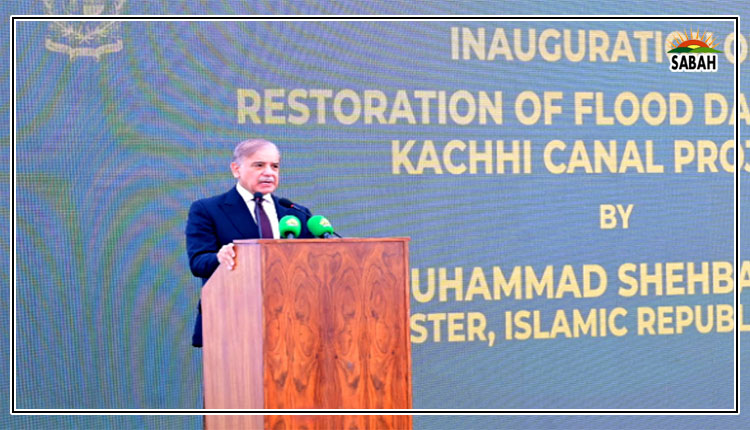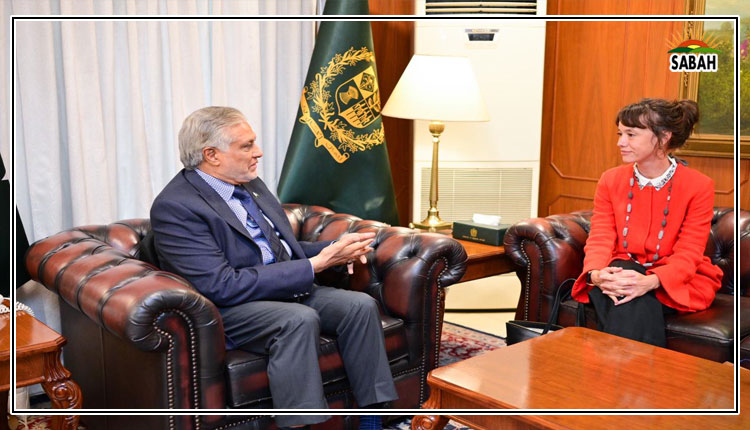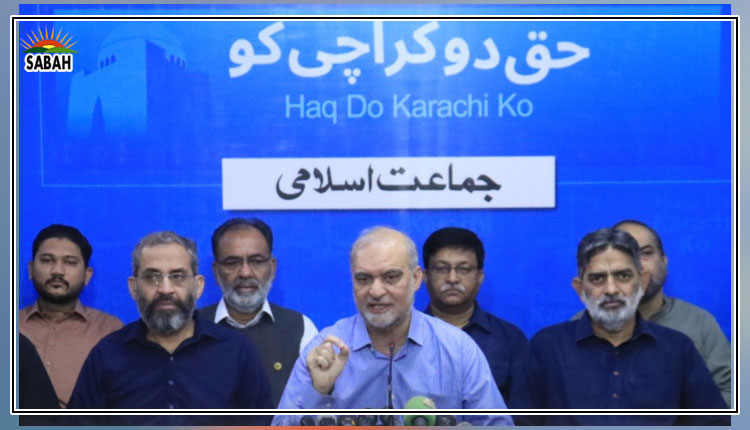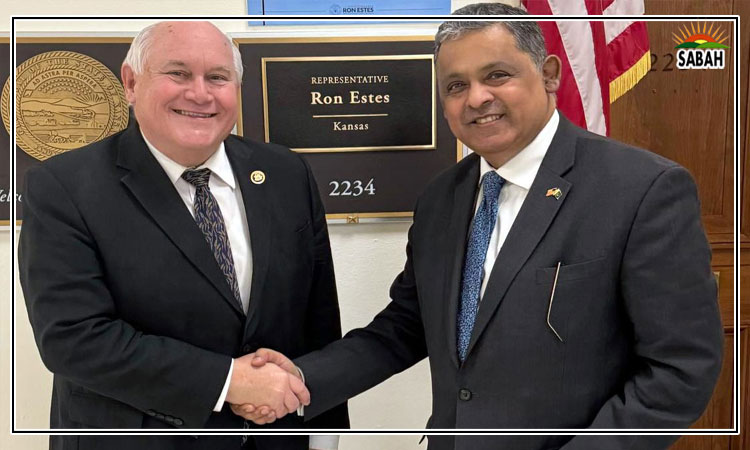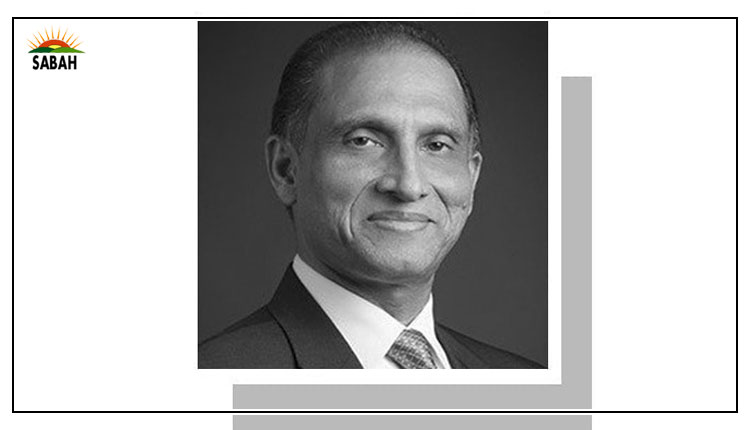Inconsistent ties …. Aizaz Ahmad Chaudhry
AFTER withdrawing its troops from Afghanistan in August 2021, the US appears to have downsized its relations with Pakistan. President Joe Biden did not make any contact with Pakistan’s leadership for the first three years of his presidency. It is only in March this year that Prime Minister Shehbaz Sharif received an unsigned letter from him underscoring the “enduring partnership” between the two nations and identifying areas where they could work together. Biden’s letter was generally welcomed in Pakistan because of the country’s policy to maintain mutually beneficial ties with all major powers, including the US with which it has had sustained periods of close cooperation.
However, the letter has not fundamentally altered the tenor of the bilateral relationship, though some official contacts have started. The acting undersecretary for political affairs visited Islamabad recently for talks on bilateral ties, including regional security issues. Our prime minister sent a short reply to Biden’s letter, and the current US ambassador to Pakistan seems inclined to enhance bilateral ties.
There could be five plausible reasons for America’s current disenchantment with Pakistan. First, political instability, the continuing economic crisis, and the worsening law and order situation have lowered Pakistan’s relevance for the outside world, including the US. Second, after withdrawing its troops from Afghanistan, the US lost interest in that country and Pakistan, though the resurgence of terrorist entities in Afghanistan, is becoming a growing international concern. Third, the US is now focused on its rivalry with China, for which it has chosen India as its strategic partner. Fourth, the US seems to have concluded that Pakistan is in the Chinese camp even though Pakistan has consistently signalled its desire for strategic autonomy. Fifth, the allegation that the US had played a role in the April 2022 regime change persists, even though Donald Lu in his recent testimony before the Congressional subcommittee has denied it.
This is not the first time that Pakistan and the US have been estranged. In fact, during the past seven decades, their relationship has oscillated between warm engagement and cold estrangement. When Pakistan started its life as an independent state in 1947, it had to build its statecraft from scratch, with the then Indian leaders determined to undo Pakistan. The US at that time appeared as the preferred source for much-needed economic and military assistance. Experts from the US facilitated the green revolution and rapid industrial development. Pakistan soon became a role model for other developing countries. Pakistanis thought that they had found in the US an enduring partner.
This is not the first time that Pakistan and the US are estranged.
But this assessment turned out to be incorrect. The bonhomie ended with the 1965 India-Pakistan war, when the US imposed sanctions on Pakistan. Later in 1971, the expectation that America’s seventh fleet would help Pakistan was dashed. The two countries moved away from each other only to come closer a decade later when Soviet forces entered Afghanistan. Pakistan teamed up with the US and helped create nurseries for the Afghan jihad. However, as soon as the Soviets left Afghanistan, America imposed sanctions on Pakistan under the Pressler Amendment.
The events of 9/11 once again brought the two closer, this time to fight a global war on terror. However, as the war in Afghanistan lingered on, a frustrated US decided to pull out its troops, partly holding Pakistan responsible because of its support for the Afghan Taliban. Ever since, the two countries have been drifting away from each other.
A debate is ongoing in Pakistan as to why US-Pakistan ties resemble a roller-coaster ride and whether America is a reliable friend. The answer lies in a mismatch of expectations. For Pakistanis, a friend in need is a friend indeed. However, for the US, as indeed for most powers, inter-state relationship is a function of the convergence of mutual interests.
An important question weighing on the minds of Pakistan’s leadership concerns how to find the right balance in our ties with the US and China, which are locked in an intensifying strategic competition. China is a great friend which has made significant investments in Pakistan, including CPEC. It has never embarrassed us or intervened in our internal affairs, and always supported us at international forums. The US is our largest trading partner, a long-standing source of investments, a favourite destination of Pakistani students and physicians, important to our IT community, and a military partner in the fight against terrorism.
That the government of Pakistan has decided to maintain relations with both the US and China predicated on our own national interests seems to be the right course of action.
The writer is a former foreign secretary.
Courtesy Dawn, May 5th, 2024


